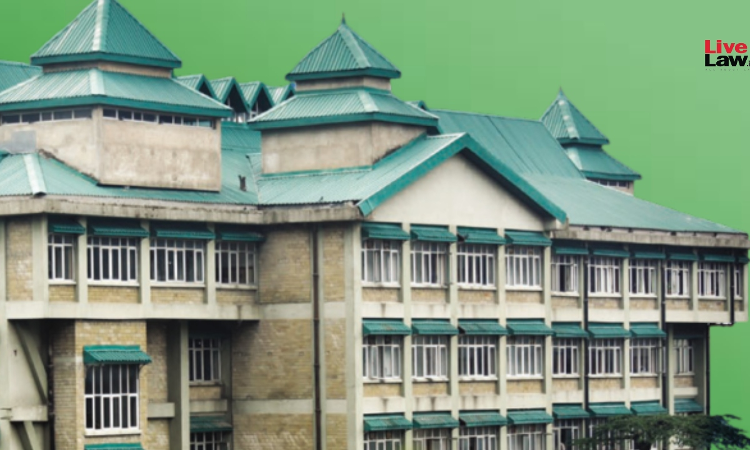'False Rape Allegations Cause Humiliation, Damage To Accused': Himachal Pradesh High Court Upholds Acquittal Of 4
Sparsh Upadhyay
15 Sept 2023 5:12 PM IST

Next Story
15 Sept 2023 5:12 PM IST
The Himachal Pradesh High Court recently upheld the acquittal of a rape accused as it noted that rape causes great distress and humiliation to the victim of rape but at the same time a false allegation of committing a rape also causes humiliation and damage to the accused. “An accused has also rights which are to be protected and the possibility of false implication has to be...
